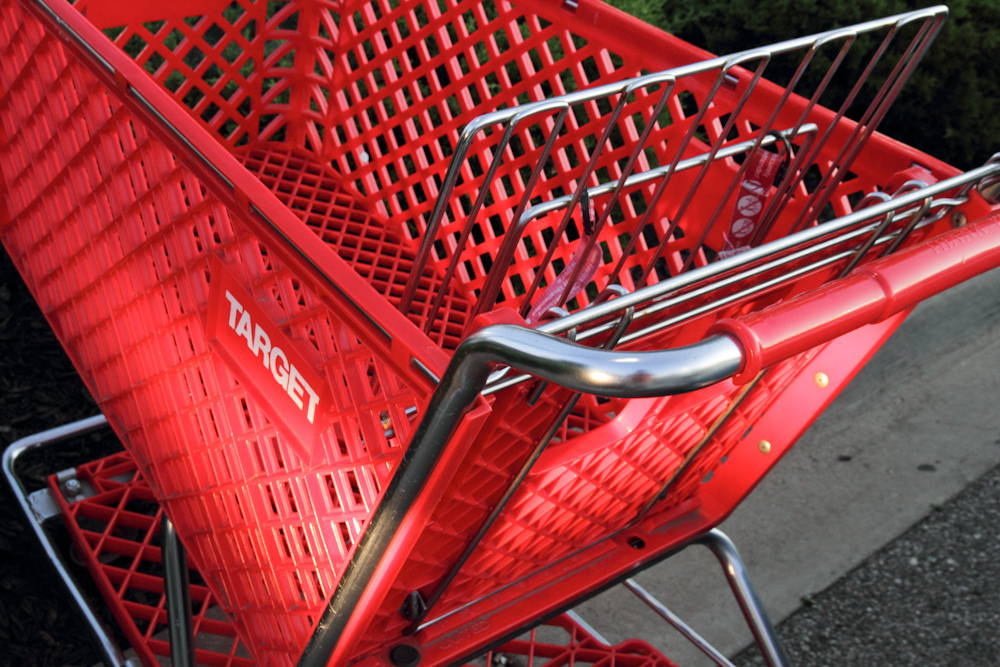Experts Say Amazon Has Its Eye on Acquiring Target
After purchasing Whole Foods, Amazon made shopping at the high-end, health-focused grocery store more accessible, cutting its prices and giving Amazon Prime members special discounts and perks. The result?
The Whole Foods brand has grown and Amazon’s stock soared. More importantly, this takeover woke up retail giants such as Kroger, whose stock suffered a great hit following the purchase. So when experts alerted the world early in 2018 that Amazon was going to purchase Target as well, everyone paid attention. With only a few weeks left in the year, however, the purchase has yet to materialize.
What happened?
Loup Ventures, the venture capital firm that predicted Amazon would acquire Target this year, said that while it made a mistake regarding the timing, it stands by the original prediction. After all, the firm’s managing partner Andrew Murphy wrote, “Amazon needs to acquire Target-like footprints (1,800 stores) in order to continue its growing retail presence.”
Now the venture capital firm says the merger could happen any time between now and 2021.
To Amazon, Murphy added, purchasing Target would be especially beneficial in two ways: by expanding its brick-and-mortar presence and by helping the giant compete more effectively in product design.
“Amazon isn’t great at product design (cf. Amazon Fire Phone, and even amazon.com or the Echo lineup), and retail stores are products,” he wrote.
To Target, the partnership would mean more efficiency and better relationships with its customers by way of modernizing itself.
According to Loup Ventures, “retailers like Target must get more advanced to survive in the new world of commerce.” Having Amazon take over would do just that.
But perhaps what would prove even more beneficial to Amazon, in the long run, would be how well the firm could finally compete with Walmart, as the multinational retail corporation has more than 5,000 locations across the United States.
With Amazon thinking about opening 3,000 cashier-less stores across the nation by 2021, combining the two retail powerhouses would make sense. But would this merger be easily accepted by government officials and regulators?
Amazon Is Big, But Not Big Enough Not to Fail
As noted by Business Insider, even if Amazon purchased Target, the merger would still amount to a “microscopic” growth compared to what the company would have to do to be a global leader. And as pointed out by the Competitive Enterprise Institute’s vice president of strategy Iain Murray, Amazon’s approach to commerce revolutionized how people do their shopping and that prompted the government to find reasons to intervene, or at least try.
But much like the companies that came before Amazon, the firm is not immune to failure. Even after expanding further, Amazon would still be at risk of igniting bigger battles with giants and even smaller entrepreneurs that could eventually dethrone the Seattle-based firm by playing against its weaknesses, just like Amazon did with its past competitors.
Like the online retailer, other major companies like Google and Netflix also started small. But over time, consumers chose them as their top providers, as what they had to offer delivered them enough value.
The Whole Foods purchase helped the chain grow and establish more Whole Foods 365 stores, which cater to the budget-minded consumer. Purchasing Target could do the same to Target’s customers, helping the brand to reach out to an audience that is often ignored by major department store chains. In the process, the merger could even help Walmart modernize and invest more in catering to a wider audience.
So before we worry about Amazon becoming a monopoly, let’s remember that the firm would still be vulnerable, despite major purchases. After all, the market is not completely sealed to competitors just yet, despite the government’s best efforts. And until competent competitors find a way to stand up to Amazon, we can enjoy what it and its partnerships could offer.











